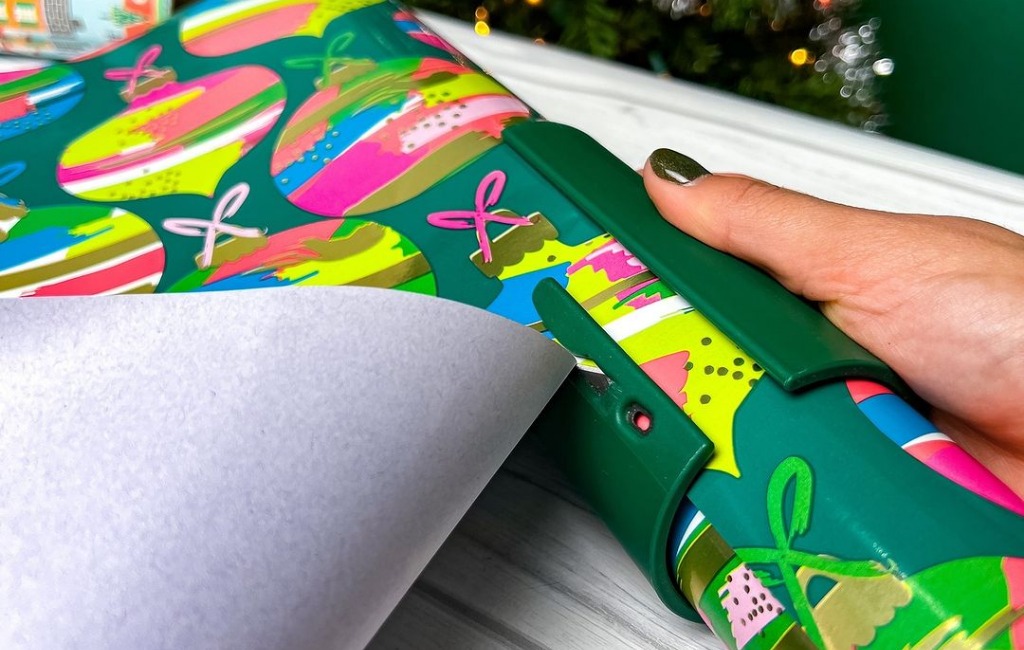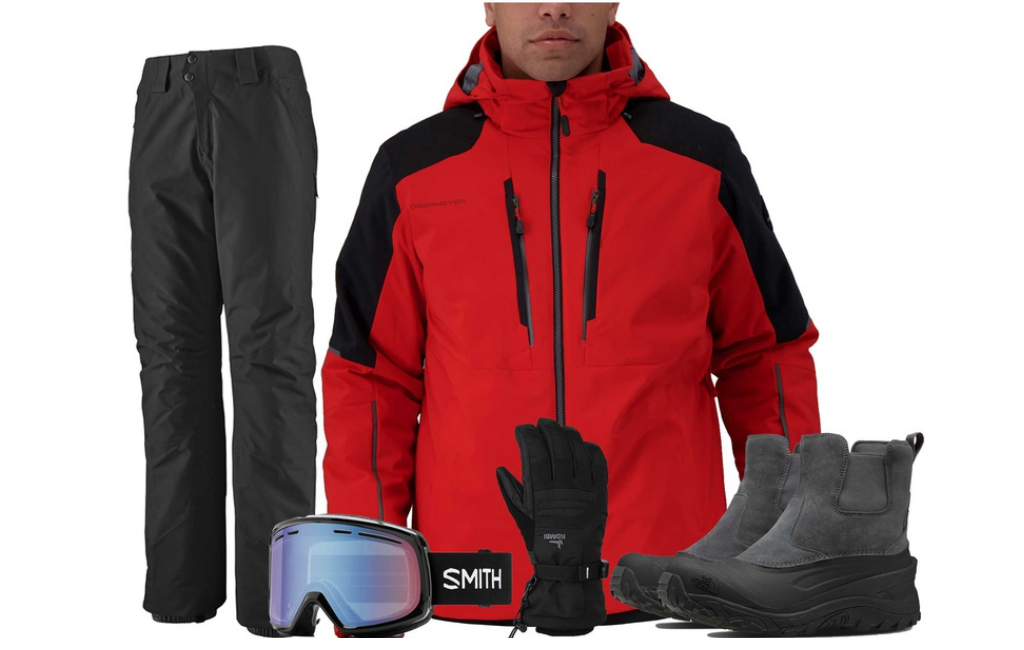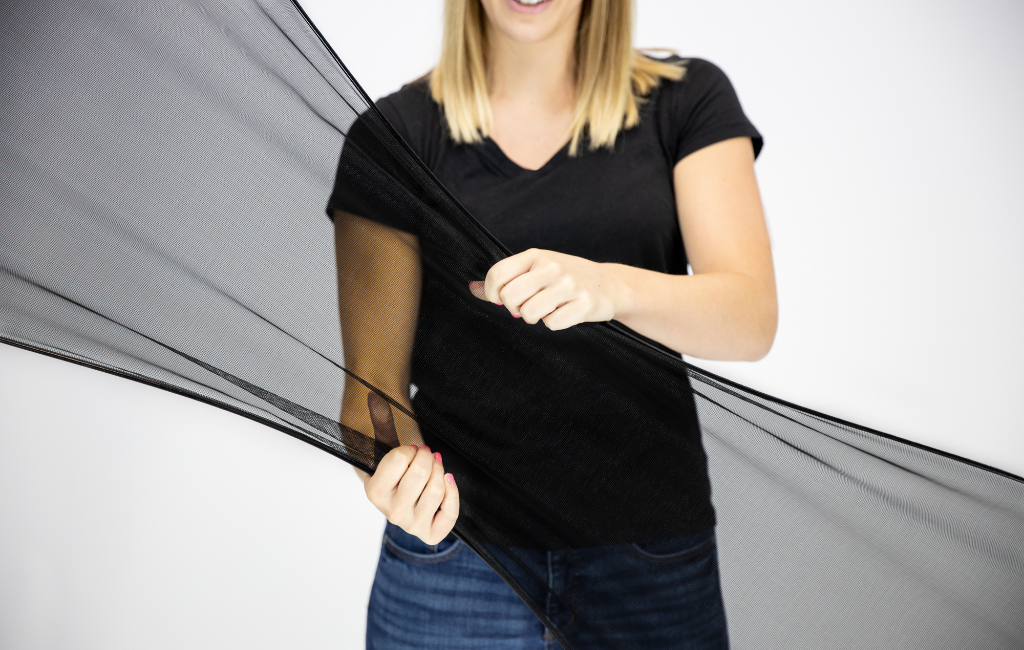Little ELF – Gift Wrap Cutter
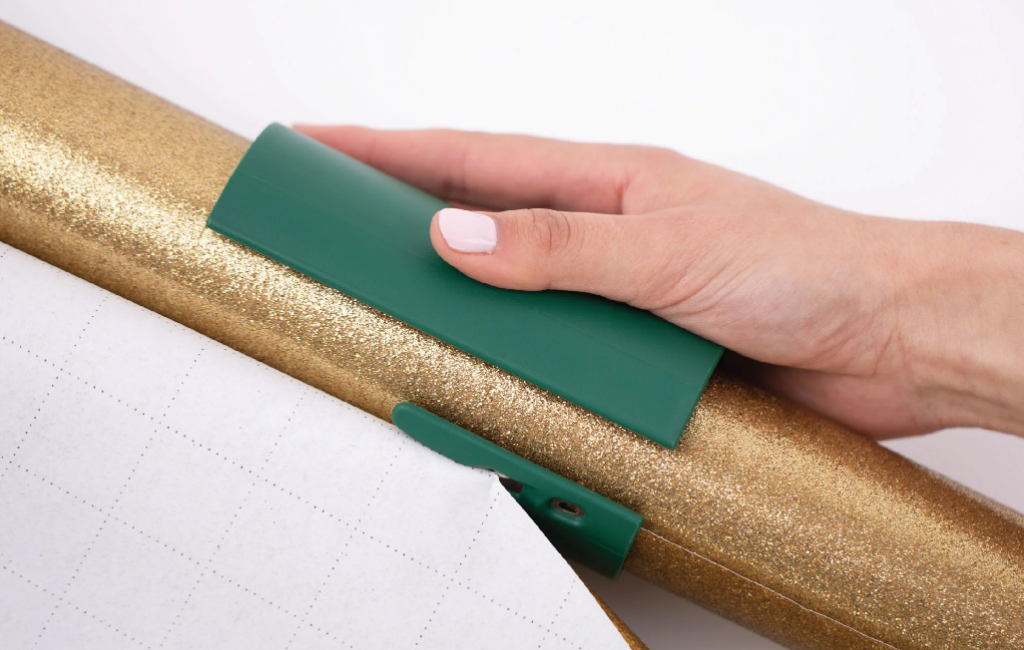

DEAL
EPISODE SUMMARY
🕓 Air Date: December 1, 2019
Asking For:
$150,000 for 15%
Investor:
Lori Greiner
Deal:
$150,000 for 20%
PRODUCT SUMMARY
The Little Elf gift-wrap cutter is an easy, lightweight, and fast tool designed to revolutionize the way people cut wrapping paper, providing a clean and satisfying cut every time.
WATCH HERE
IN A RUSH?
Click these to jump to the section you want to read.
Background Story
Bryan Perla, the 21-year-old owner and inventor of Little Elf, hails from West Boylston, Massachusetts. His journey began with a struggle against dyslexia in his early years, diagnosed in second grade. Despite this challenge, Bryan’s creative mind led him to develop the Little Elf gift-wrap cutter during his senior year of high school.
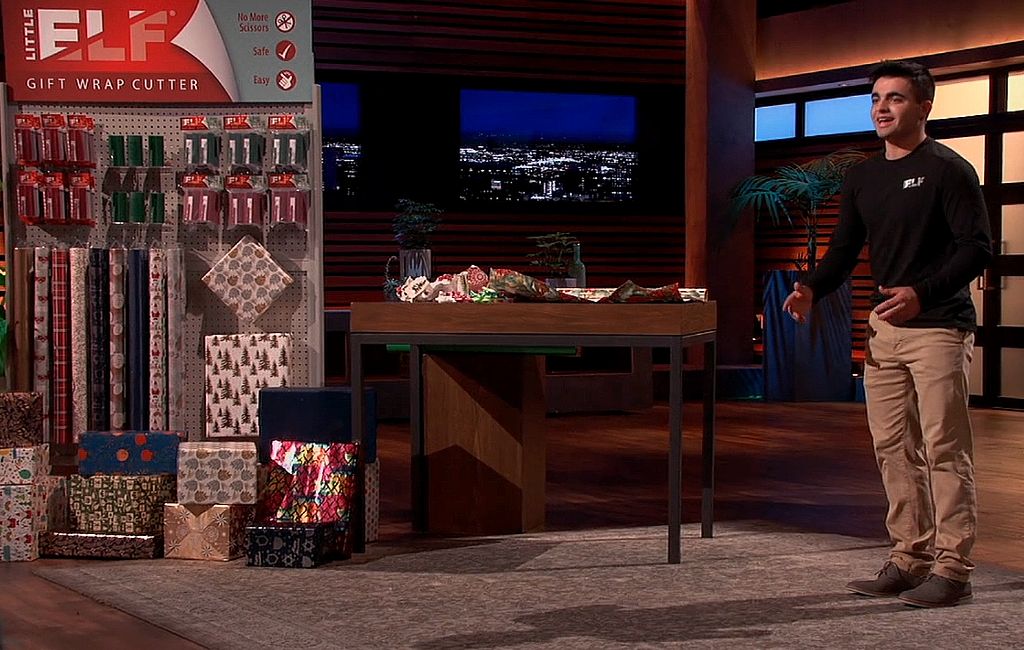
Currently a junior at Stanford University studying product design, Bryan’s product has generated $250,000 in sales to date. He manages the entire business independently but holds a licensing agreement with the world’s largest gift-wrap company.
The Product
The Little Elf gift wrap cutter is a revolutionary tool designed to alleviate the stress of cutting wrapping paper during the holiday season. It is easy, lightweight, and fast, providing a smooth, clean, and satisfying cut every time.
The process involves measuring the paper to the desired length, sliding the Little Elf back to drop the paper into the blade-embedded slot, and then effortlessly pushing it forward for a precise cut. The cutter is versatile, and suitable for trimming as well, making it a comprehensive solution for all gift-wrapping needs.
Priced at $13.99 for a two-pack on Amazon and ranging from $5.99 to $7.49 on the official website, the Little Elf offers affordability and convenience. Bryan’s pitch also highlighted the cost to make the product, which is $2.09, and the average sales price of $15, resulting in impressive profit margins of around 80%.
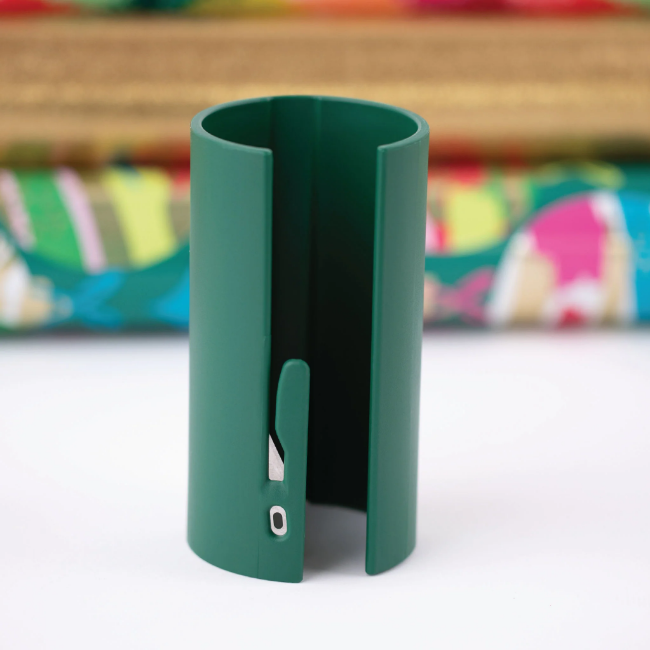
How It Went
The company’s position before Shark Tank
To date, Little Elf has achieved $250,000 in sales. Bryan runs the business independently but has a licensing agreement with the world’s largest gift-wrap company. Under this agreement, he receives 10% to 13% of retail sales for the next two to four years. Despite being a one-person operation, Bryan has secured a valuable partnership, ensuring a steady stream of sales through various channels.
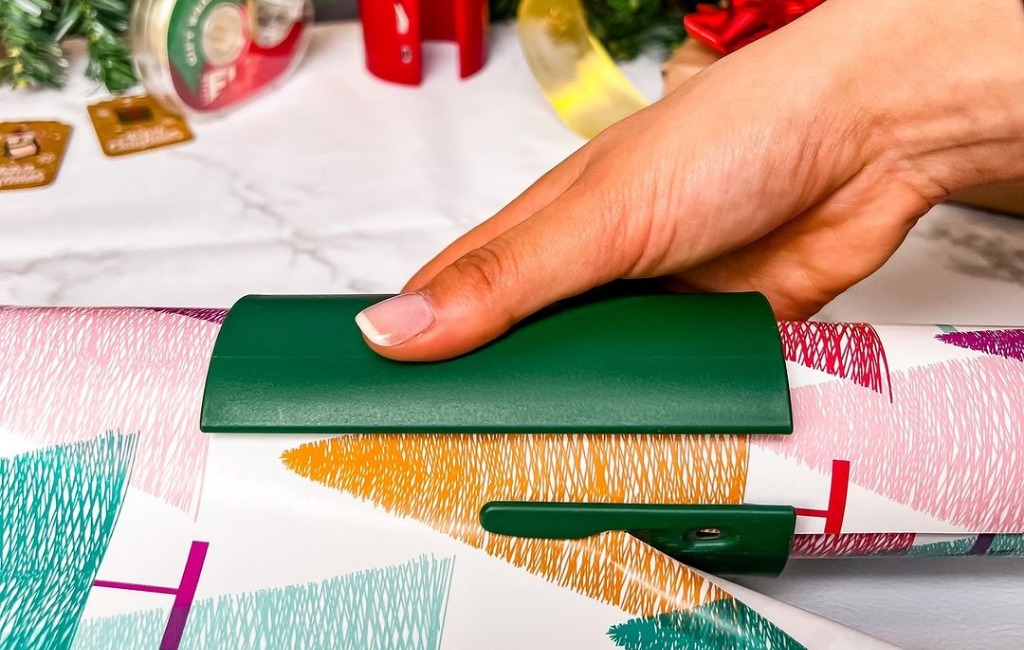
He expressed the need for help with advertising, having not spent any money on it yet. Bryan emphasized the potential of TV shopping, specifically mentioning QVC and HSN, and highlighted the untapped opportunity to showcase the product’s effectiveness through visual mediums.
The Negotiations:
The negotiations saw both Lori and Kevin making compelling offers. Lori’s final offer stood at $150,000 for a 20% equity stake, emphasizing her ability to sell the product on QVC and other platforms. On the other hand, Kevin proposed $150,000 for a 25% equity stake, with no royalty involved. A bidding war ensued, with Lori countering Kevin’s offer by dropping her equity ask to 20%.
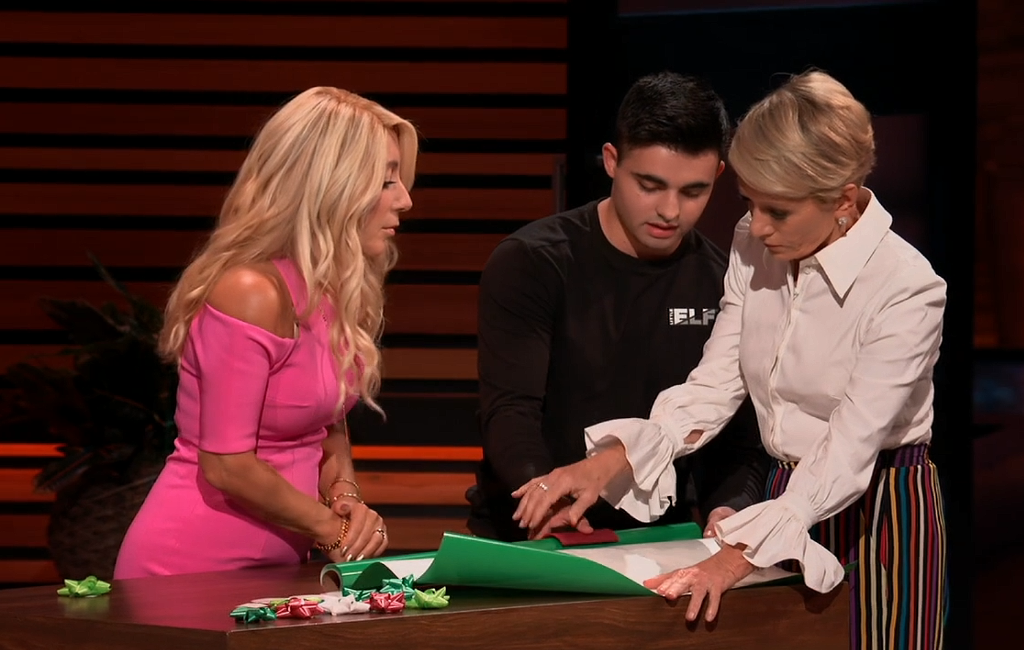
In the end, Bryan accepted Lori’s deal, citing her as the best option for the product. Kevin expressed disappointment, claiming it was a huge mistake not to choose his offer. The negotiation showcased the Sharks’ eagerness to collaborate and compete for a product they believed had significant market potential. Bryan’s decision reflected a strategic choice based on his vision for the product’s growth and the perceived strengths of the Sharks offering deals.
